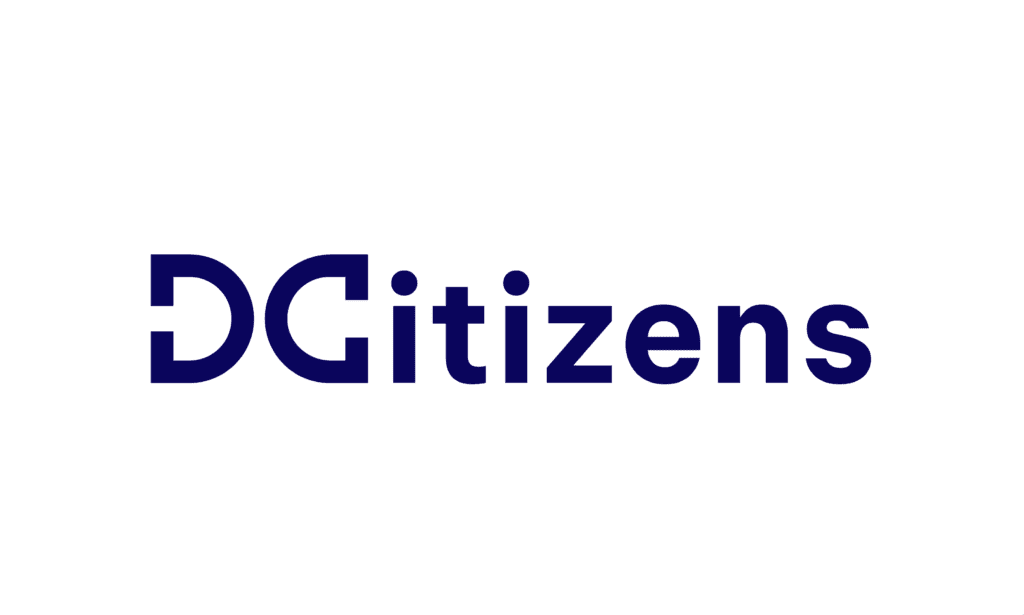DCitizens: Hugo Nicolau lifts the project’s veil
The Interactive Technologies Institute (ITI) researcher Hugo Nicolau recently presented an upcoming project known as DCitizens during the ITI Talks event. Led by the ITI, the project focuses on Digital Civics, examining the relationship between digital technologies and civic engagement. Additionally, DCitizens aims to understand how digital technologies can promote civic participation, democratic governance, and social justice. It wants to design technologies and practices that support citizens’ goals.
According to Hugo Nicolau, the coordinator, one of the specific goals of the DCitizens project is to enhance the ITI research and innovation competence in the field of Digital Civics. “We want citizens to be more involved in local decision-making, enabling them to have a say about what is important in their lives”, he said.
Citizens as part of the research
The project aims to shift the research paradigm by inverting the direction of the research flow. Typically, universities and research centres unilaterally develop products and services to provide them to users later. However, the DCitizens project aims to create a participatory platform in which researchers and citizens foster a long-term co-creation process.
The ITI has partnered with several institutions to achieve the project’s goals. They are the Istituto Italiano di Tecnologia (Italy), Universität Siegen (Germany), and Northumbria University (United Kingdom). They will run the DCitizens project for three years, with an expected completion date of November 2025.
Kick-off meeting in January
To kick off the project, the ITI is hosting the DCitizens kick-off meeting at Factory HCB between January 23-25. Consortium and local partners interested in Inclusive Education, Social Cohesion, and Sustainable Living will discuss the project’s goals and objectives during this event. Moreover, the DCitizens project will make significant contributions to the field of Digital Civics. Partners will achieve it by promoting research excellence through networking and training activities. These will foster a long-term co-creation process between researchers and citizens.
